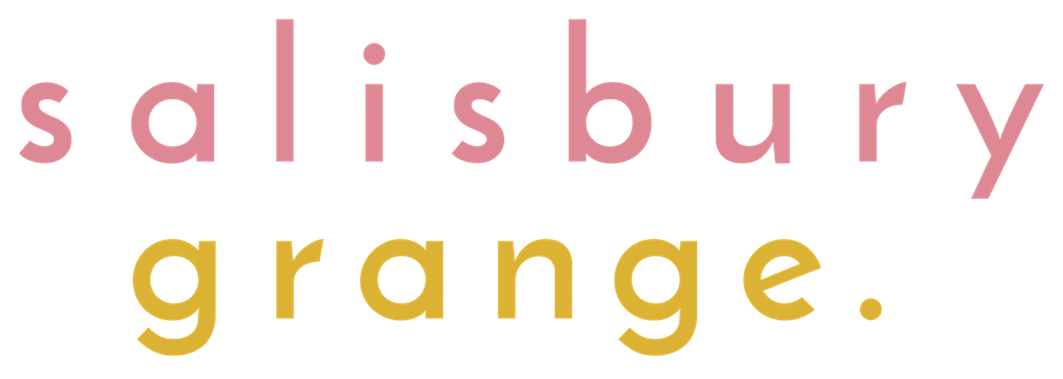My Bee-Friendly Garden At Home
My flowers bring all the bees to the yard
If you’ve ever pondered what the bee crisis is all about, let me explain.
Millions of bees and pollinators are dying across the world simply because the modern world is very inhospitable to them. Highways, toxic pesticides all over fields, concrete jungles with no food (flowers) anywhere to be found, not to mention the rise of EMFs from mobile phones. The little guys are living in conditions that make their life extremely difficult. I could go into this further, but it’s a simple as that. The conditions of our world are terrible for bees and beneficial pollinators and they are dying unprecedented numbers as a result.
I wasn’t always so into bees. I really fell in love with them by accident after I started growing flowers in my garden. I couldn't believe how many different types would find my backyard and zoom around on a daily basis. I've regularly had visits from industrious honeybees, tiny native bees, super-speedy hoverflys and, my favourite, the blue-banded bee, native to Queensland, that makes the loudest buzz!
Inspired by Joni Mitchell's lyrics, "Give me spots on my apples, but leave me the birds and the bees" and Albert Einstein's warning, "No more bees, no more pollination, no more animals, no more humans" this past summer I created a new bee-friendly flower garden in my backyard with zinnias, cosmos and dahlias (flowers that can thrive in Brisbane’s insane heat).
As predicted, lots of bees zoomed on in, but the surprise packet for me was the volume of butterflies and other pollinators that found their way to me too. I’ve had the stunning turquoise blue triangle butterfly, orange monarch butterfly, the purple dotted eggfly butterfly as well as dragonflies, wasps and countless other beneficial pollinators. It was was phenomenal.
I often feel like even when it comes to huge crisis, there is always a positive action I can take to make a difference that is within my ability — and for me that is growing my own bee friendly garden. It’s a super beautiful way to help the bees and pollinators and for anyone considering growing their own, I could not recommend it more.

